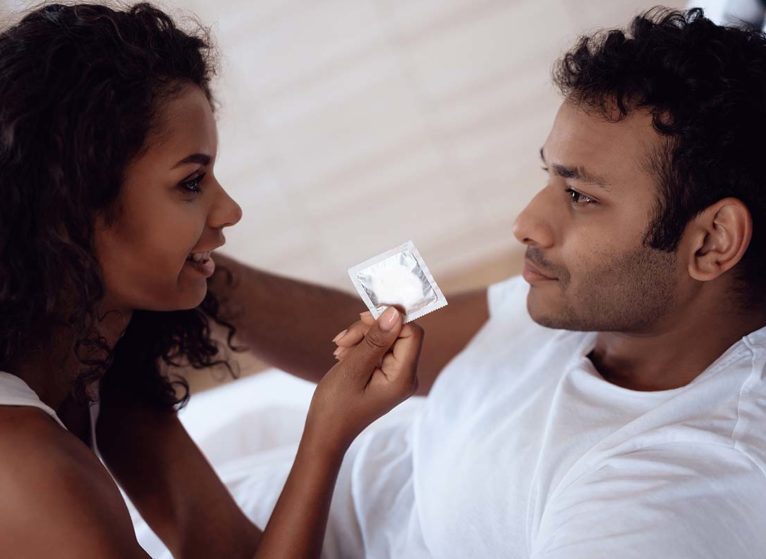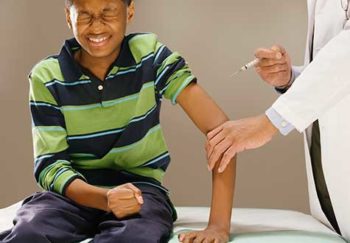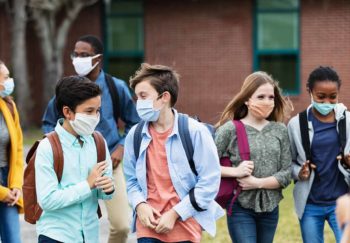When I was in my mid-20s, my doctor talked to me about the human papillomavirus (HPV) vaccine, which was new at the time. “You should get it as soon as possible,” she warned me. “The HPV vaccine age limit is 26.”
I don’t know why I ignored her advice. I knew that HPV is the most common sexually transmitted disease (STD) and that it can cause cancer. And I knew the vaccine is safe. Maybe I was lazy, or maybe I was afraid it would hurt. Whatever the reason, I forgot about it, and by the time I remembered again, I figured I was too old for the HPV vaccine.
45 or Under? Why Get the HPV Vaccine?
Things have changed. In 2018, the U.S. Food and Drug Administration (FDA) approved Gardasil 9, the only HPV vaccine available in the U.S., for adults ages 27-45. The FDA notes that researchers followed approximately 3,200 women in this age range for an average of 3 1/2 years. They found that the vaccine was 88% effective against:
- Persistent HPV infection
- Genital warts
- Precancerous lesions in the vulva, vagina, and cervix
- Cervical cancer
This, combined with data about younger men, means that the vaccine is equally effective in men 27-45, the FDA says.
The HPV Vaccine Prevents Many Cancers
You might associate HPV with cervical cancer. But it can also cause:
- Penile cancer
- Cancer of the vulva
- Anal cancer
- Head and neck cancers
- Precancerous lesions
- Genital warts
The HPV vaccine is almost 100% effective at preventing the types of HPV that cause these cancers.
But many people are still getting HPV. About 46,143 HPV-associated cancers happen in the United States each year. That’s:
- 25,719 cancers among women
- 20,424 cancers among men
That’s according to 2014-2018 Centers for Disease Control (CDC) data.
Your Doctor Likely Won’t Mention HPV, but You Should
The CDC notes that the vaccine “provides less benefit” to adults ages 27-45, partly because they’re more likely to have already been exposed to some types of HPV.
UVA Health gynecologic oncologist Linda Duska, MD, says HPV is also more likely to integrate into the DNA of younger women. But studies also found the virus in older women.
Duska adds that HPV vaccine clinical trials found that almost none of the participants had been exposed to all the cancer-causing strains of HPV. Even if you have HPV, the vaccine will still protect you against other harmful strains.
45 or Younger?
Talk to your primary care provider or OB-GYN about the HPV vaccine.
The bottom line: the HPV vaccine risks are minimal — they include a sore arm, redness, and in rare cases, fainting. The only reason to avoid it is if you’re allergic to yeast or any other ingredients.
Duska notes that doctors may not mention the HPV vaccine to patients because of the stigma around STDs. But if you’re 45 or younger, you should ask. I’m planning to bring it up at my next appointment.
“This is an important opportunity for people to protect themselves and their partners,” she says.


